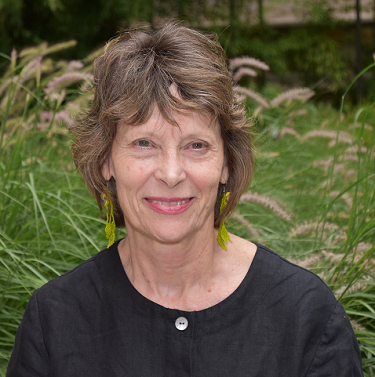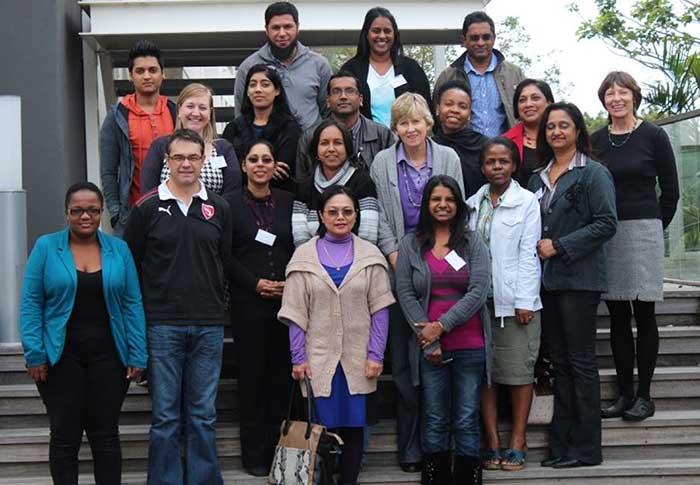
Mary Lou Thompson, PhD, has been a biostatistician since the late 1980s and a Department of Biostatistics faculty member since 1996. In that time, she’s witnessed many changes within the department and the field in general. With her recent retirement, the former UW research professor reflects back on some of the more significant changes.
Thompson begins with the most recent change in the Biostatistics department, “We have appointed our first woman chair, Lurdes Inoue!”
Academia’s increasing interest in equity, diversity and inclusion (EDI) work was a change Thompson welcomed. She appreciated the School of Public Health’s EDI initiatives and the opportunity to serve as the Biostatistics department’s representative on the School’s Task Force for Faculty Equity. More recently, she served as a member of the department’s EDI committee.
While progress has been made, Thompson notes there is still much to be done. “In 2020, it is disappointing that there remain so many concerns of bias and inequity in academia. The Economist’s most recent glass ceiling index for working women, for instance, places the US 20th of the 29 countries they evaluated. I hope that these important initiatives will continue to be actively supported.”
Another facet of Thompson’s commitment to EDI is her passion to make statistics education accessible, particularly to underserved communities.
Thompson grew up in South Africa, earned her undergraduate degree at what is now the University of KwaZulu-Natal in Durban, and joined the South African Medical Research Council after completing a doctoral program in Germany and teaching for several years in the U.S. and Australia. She came to UW Biostatistics in 1996 but has continued to work on projects in South Africa throughout her career.
Biostatistics expertise is scarce at many South African universities, and there is also an urgent need for quantitative skills among healthcare workers there. To address these issues, Thompson collaborated with UW and South African colleagues to develop biostatistics workshops and online courses for South African health researchers and healthcare workers.
“These initiatives have been enormously rewarding for me personally and leave a legacy which I hope will continue to make a contribution in South Africa,” says Thompson.

Other major changes Thompson lists are the advances in technology and computing power which have greatly expanded the scope of questions researchers are able to address.
As an illustration, she draws examples from her own body of research. One of Thompson’s early projects in South Africa involved monitoring weight gain in pregnancy to assess whether it would be helpful as a screen for problem pregnancies, such as preeclampsia (the answer was no). She compares this project to a recent UW study which aims to use electronic medical records (EMR) to develop and evaluate models to screen for undiagnosed dementia in the older Veteran’s Administration (VA) population.
“The pregnancy and dementia studies had similar goals – using characteristics of an individual to identify possible health problems. However, the pregnancy study involved about 1,000 women whose weight records, a single variable, were manually extracted from their handwritten antenatal clinic charts and manually entered and analyzed on a mainframe computer. The dementia study involves tens of thousands of VA patients and millions of records, all drawn retrospectively from the EMR.”
Technology has also changed the pace of biostatistics research says Thompson. Her early long-distance collaborations, before the era of personal computers, involved the exchange of handwritten notes via postal mail. Today, with 24-7 access to data tools, the pace of research and publications and the proliferation of journals have all accelerated, along with the pace of so many other aspects of a researchers’ professional and personal lives.
But not everything has changed notes Thompson, “There are still important health research questions to be addressed and a need for biostatisticians to address them.”
Although retired, Thompson will continue to work on research projects at UW and in South Africa but says, “I plan to first take a break, spending time in South Africa, in the bush and in the mountains, and back in Europe, visiting with my community there. After that, I hope to turn to finding a role in social justice work.”
Deb Nelson, Biostatistics communications and event manager